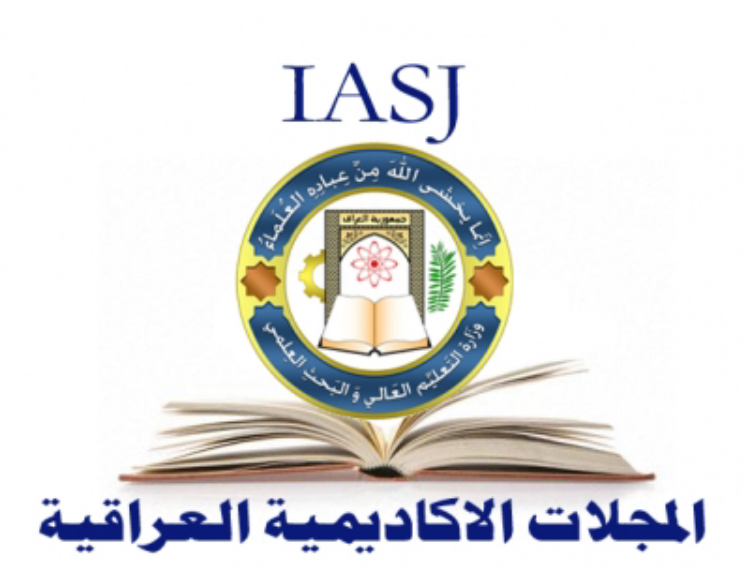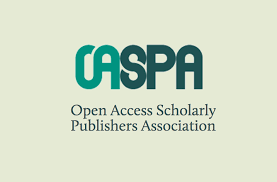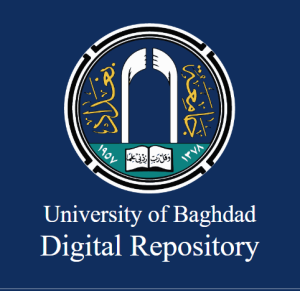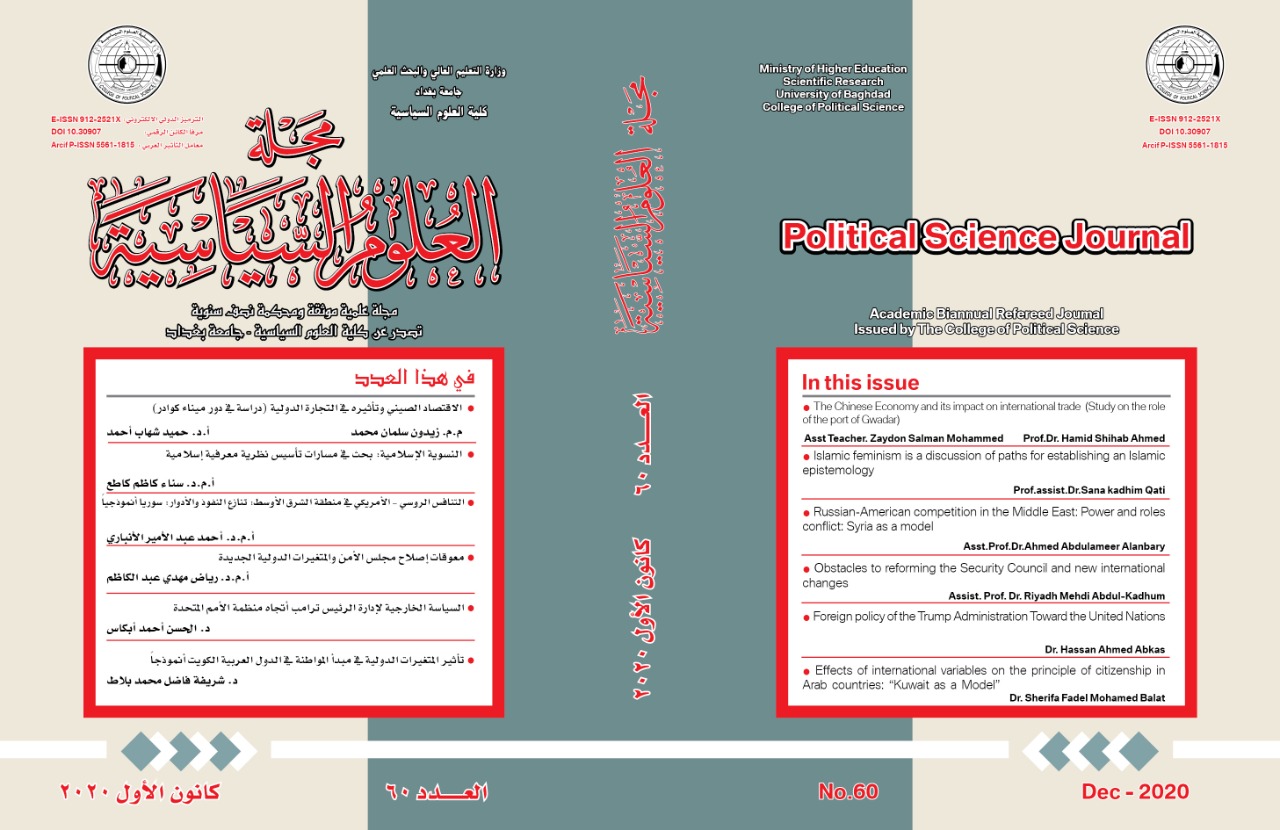Political Transformations in The Republic of Turkmenistan During the Period (1991-2021)
DOI:
https://doi.org/10.30907/jcopolicy.vi63.566Keywords:
: Charismatic Leadership, Authoritarianism, Totalitarianism, Personality cult, Potemkin stateAbstract
After the fall of the Soviet Union, a number of Eastern Bloc countries and Soviet republics have witnessed political transition. However, Turkmenistan, as one of the former Soviet republics, succeeded to preserve the authoritarian nature of the former Soviet regime. This study seeks to answer a number of research questions, the most prominent of which are: How were the political elite in Turkmenistan able to preserve the legacy of the Soviet policy based on centralization of power and individual rule?. The study reaches a set of conclusions, the most important of which are:
1-The roots of the tyranny in Turkmenistan are du to internal and external structural factors. The most important of which are: the former Soviet policies of marginalization and regional trade-offs, regional and tribal conflict, internal and external political leadership trends, in addition to the international powers competitions over the natural resources in Turkmenistan.
2- The Ashgabat tribe is considered the most ambitious of the Turkmen tribes for power, and this is the reason for its suppression during the Soviet era. Therefore, The tribes of Ashgabat sought to dominate the political life in the post-independence era.
3-Political leaders play an important role in enhancing authoritarianism, which is evident through the leadership of both presidents Sapir Murad Niyazov and Qurban Muhamadov.
Receipt date: 3/10/2021
accepted date: 10/3/2022
References
قائمة المصادر:
بوكابوية، سارة. 2018. " تركمانستان قوانين صارمة: لون سيارة محدد ومنع قيادة المرأة." الخليج اونلاين. 11يناير.
بينيغسن، الكسندر.، شانتال كيلكجاي. 1989. المسلمون المنسيون في الإتحاد السوفيتي. ترجمة عبدالقادر ضللي. بيروت: دار الفكر المعاصر.
حسين، خليل. 2009. الجغرافيا السياسية: دراسة الأقاليم البرية و البحرية و الدول و أثر النظام العالمي في متغيراتها. ط1، بيروت: دار المنهل اللبناني.
رضوان، زهير. 2005 . "الدكتاتور و الكتابة. جريدة المدى.5 اذار,2021.
https://almadapaper.net/sub/03-332/10.pdf
ارتي. 2021. "رئيس تركمانستان يعين نجله نائبا لرئيس الوزراء."11فبراير,2021.
سرحان، محمد علي.2007. أمركة العولمة في الشرق الأوسط وآسيا الوسطى: مثلث الخيرات. دمشق: صفحات للدراسات والنشر.
السيد، محمد علي رجب. 2015. تاريخ دول آسيا الوسطى. الإسكندرية: دار الكتب المصرية.
عبدالكريموف، بخيتار. 2017 ."الرئيس التركمانستاني يحصد 97.69% من أصوات الإنتخابات الرئاسية." وكالة الأناضول. 13 فبراير,2017.
عربي 21. 2013. "اول انتخابات تشريعية تعددية في تركمانستان." 12ديسمبر,2013.
عربي 21. 2015. "تمثال ذهبي لرئيس تركمانستان الحالي في عشق أباد." 26مايو,2015.
القليوبي، رامي. 2019. "انغلاق تركمانستان أشبه بكوريا الشمالية في آسيا الوسطى". العربي الجديد. 14يناير.
محمدوف، قوربان.2020 " السياسة الخارجية و الدبلوماسية لتركمانستان." موقع وزارة خارجية جمهورية تركمانستان. مايو8، 2020.
List of references:
Al-Jazeera English News. 2007. "Niyazov Death Sparks Power Struggle." Dec 23, 2006. https://www.aljazeera.com/news/2006/12/23/niyazov-death-sparks-power-struggle
BBC. 2004. " Avoid gold teeth, says Turkmen leader." April 7, 2004. http://news.bbc.co.uk/2/hi/asia-pacific/3607467.stm
Bohr, Annette. 2016. Turkmenistan: Power, Politics and Petro Authoritarianism. UK: Chatham House.
Cerutti, Furio. 2017. Conceptualizing Politics: An Introduction to Political Philosophy. NY: Routledge.
Clement, Victoria. 2019. "Passing the Baton in Turkmenistan." New Atlantic Council. October 21, 2019.https://www.atlanticcouncil.org/blogs/new-atlanticist/passing-the-baton-in-turkmenistan/
Edgar, Adrienne Lynn. 2004. Tribal Nation: The Making of Soviet Turkmenistan. NJ: Princeton University Press.
Eurasianet. 2020."Turkmenistan Tinkers with constitution in apparent transition strategy." Sep 25, 2020. https://eurasianet.org/turkmenistan-tinkers-with-constitution-in-apparent-transition-strategy.
Habeeb, William Mark. 2005. The Growth and Influence of Islam in the Nations of Asia and Central Asia: Turkmenistan. NJ: Mason Crest Publishers.
Heller, Klaus and Plamper Jan. 2004. “ Personality Cults in Stalinism.” Slavic Review. 23-33. http://research.gold.ac.uk/
Heyman, Neil M. 1993. Russian History. NY: McGraw-Hill, Inc
Hiro, Dilip. 2011. Inside Central Asia: A Political and Cultural History of Uzbekistan, Turkmenistan, Kazakhstan, Kyrgyzstan, Tajikistan, Turkey, And Iran. NY: Overlook Duckworth.
Isaacs, Rico. 2015. “Charismatic Routinization and Problems of Post-Charisma Succession in Kazakhstan, Turkmenistan and Uzbekistan.” Studies of Transition States and Societies 7, no.1: 58-76.
Landman, Todd. 2003. Studying Human Rights. NY: Routledge.
Linz, Juan J. 2000. Totalitarian and Authoritarian Regimes. Boulder, Colorado: Lynne Rinner Publishers.
Nazarovich, Rykov Vasily. 2017. “The Communist Party of Turkmenistan.” Rusembindia.com. September 2, 2017.
Nedvetsky, Andrei G. 1994. "Turkmenistan.” In Central Asia and the Caucasus after the Soviet Union: Domestic and International Dynamics, ed. Mohiaddin Mesbahi, 191-206. Florida: UPF.
Nohlen, Dieter, Florian Grotz & Christof Hartmann. 2001. Elections in Asia: A data Handbook. Retrieved from ISBN 0-19-924958-X https://oxford.universitypressscholarship.com
Ochs, Michael. 1997."Turkmenistan: The quest for stability." In Conflict, Cleavage, and Change in Central Asia and the Caucasus, ed. Karen Dawisha and Bruce Parrot, 312-359. UK: Cambridge University Press.
Osbom, Andrew. 2006 . "Saparmurat Niyazov". The Independent. 22 December.
https://www.independent.co.uk/news/obituaries/saparmurat-niyazov-429556.html
Popan, Adrian Teodor. 2015.” The ABC of Sycophancy: Structural Conditions for the Emergence of Dictators’ Cults of Personality .” PhD diss, University of Texas. https://repositories.lib.utexas.edu/handle/2152/46763
Putz, Catherine. 2020. "Death and Denial In Turkmenistan." The Diplomat. 19August.
https://thediplomat.com/2020/08/death-and-denial-in-turkmenistan
Radio Free Europe. 2021. "Turkmenistan's Authoritarian Leader wins senate seat with 100% of Vote.”
Radio Free Europe. 2021 . "Turkmenistan Faces Shocking Population Decline As Exodus Continues." https://www.rferl.org/a/turkmenistan-population-decline-exodus/31355045.html
Rashid, Ahmed. 1995. The Resurgence of Central Asia: Islam Or Nationalism? NJ: Zed Books.
Reuters. 2013. "FACTBOX-Parties and candidates in Turkmenistan's parliamentary Election." https://www.reuters.com/article/turkmenistan-election-parties
Slavomir, Horak. 2016. “Turkmenistan at the last stage of Perestroika, Determinants of an Authoritarian Path.” Annee de mobilisations politigues en Asie centrale :29-49. https://journals.openedition.org/asiecentrale/3227
Sondrol, P. C. 2009. "Totalitarian and Authoritarian Dictators: A Comparison of Fidel Castro and Alfredo Stroessner". Journal of Latin American Studies. 23(3):599.doi 10.1017/S0022216X00015868. S2CID 144333167 https://www.semanticscholar.org/paper/Totalitarian-and-Authoritarian-Dictators
Stronski, Paul. 2017. "Turkmenistan at 25: The High Price of Authoritarianism." Carnegie Endowment. 20 January. https://carnegieendowment.org/
The China Post. 2007. "A new Beginning for Turkmenistan.” https://en.wikipedia.org/wiki/Republican_Party_of_Turkmenistan
The World Factbook. 2021. "Turkmenistan: People and Society." https://www.cia.gov/the-world-factbook/countries/turkmenistan/#people-and-societyWorld Press Freedom Index. 2017. www.rsf.org
Theroux, Paul. 2007. “The Golden Man: Saparmurat Niyazov's Reign of Insanity.” New Yorker. 28 May.
https://www.newyorker.com/magazine/2007/05/28/the-golden-man
Tushnet, Mark. 2015.” Authoritarian Constitutionalism.” Cornell Law Review, Vol. 100, Issue 2 . Cambridge University Press. 100 (2): 36–50. doi:10.1017/CBO9781107252523.004.
Weber, M. 1978. Economy and Society: An Outline of Interpretive Sociology. Berkeley: University of California Press.
Downloads
Published
Issue
Section
License
Copyright (c) 2022 Political sciences journal

This work is licensed under a Creative Commons Attribution 4.0 International License.





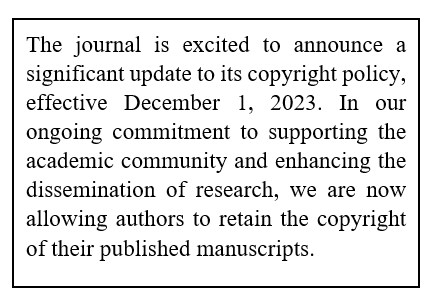
 ©️ 2023 The Author(s). Published by College of Political Science, University of Baghdad. This is an Open Access article distributed under the terms of the
©️ 2023 The Author(s). Published by College of Political Science, University of Baghdad. This is an Open Access article distributed under the terms of the 
